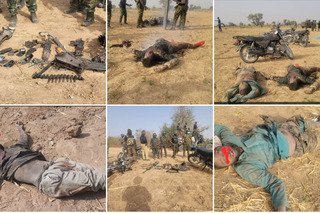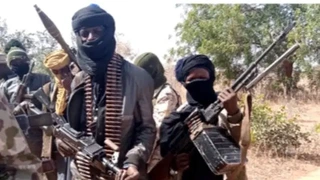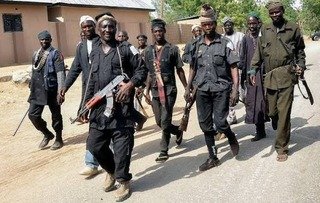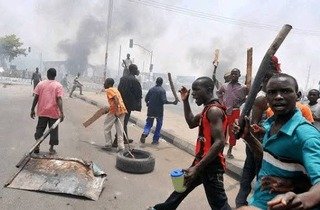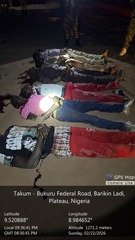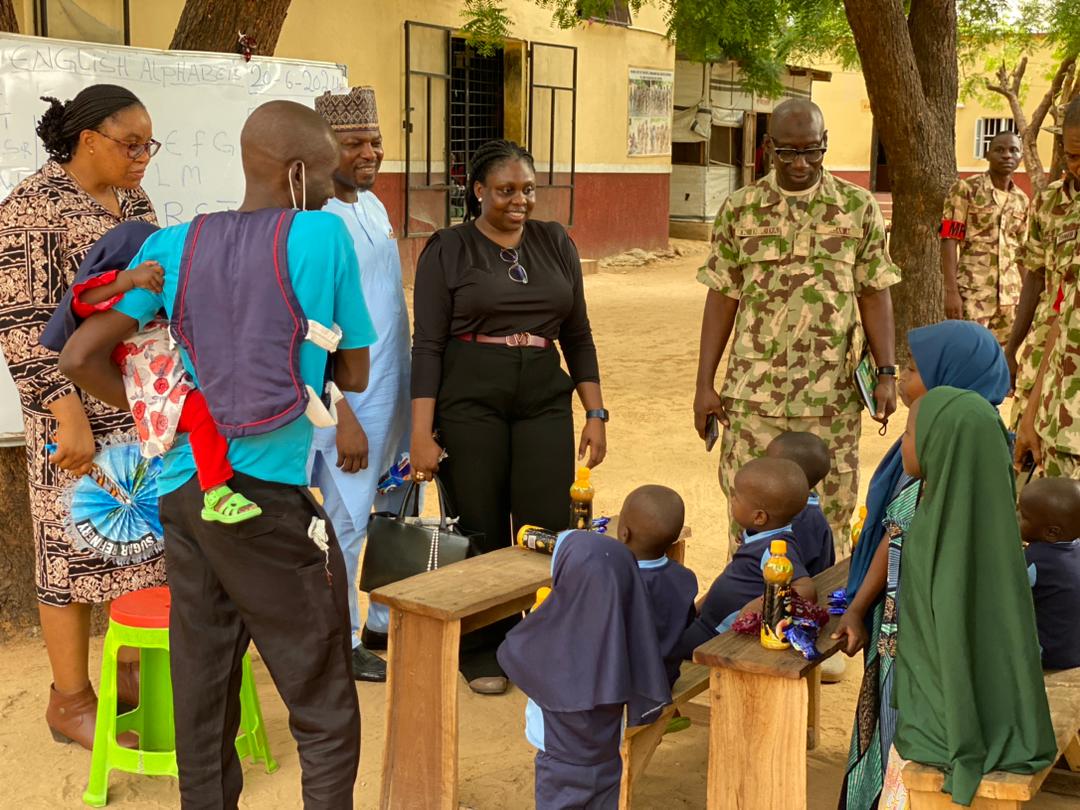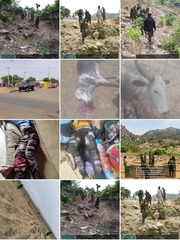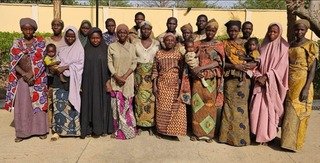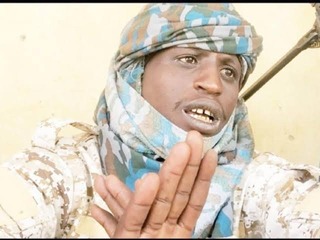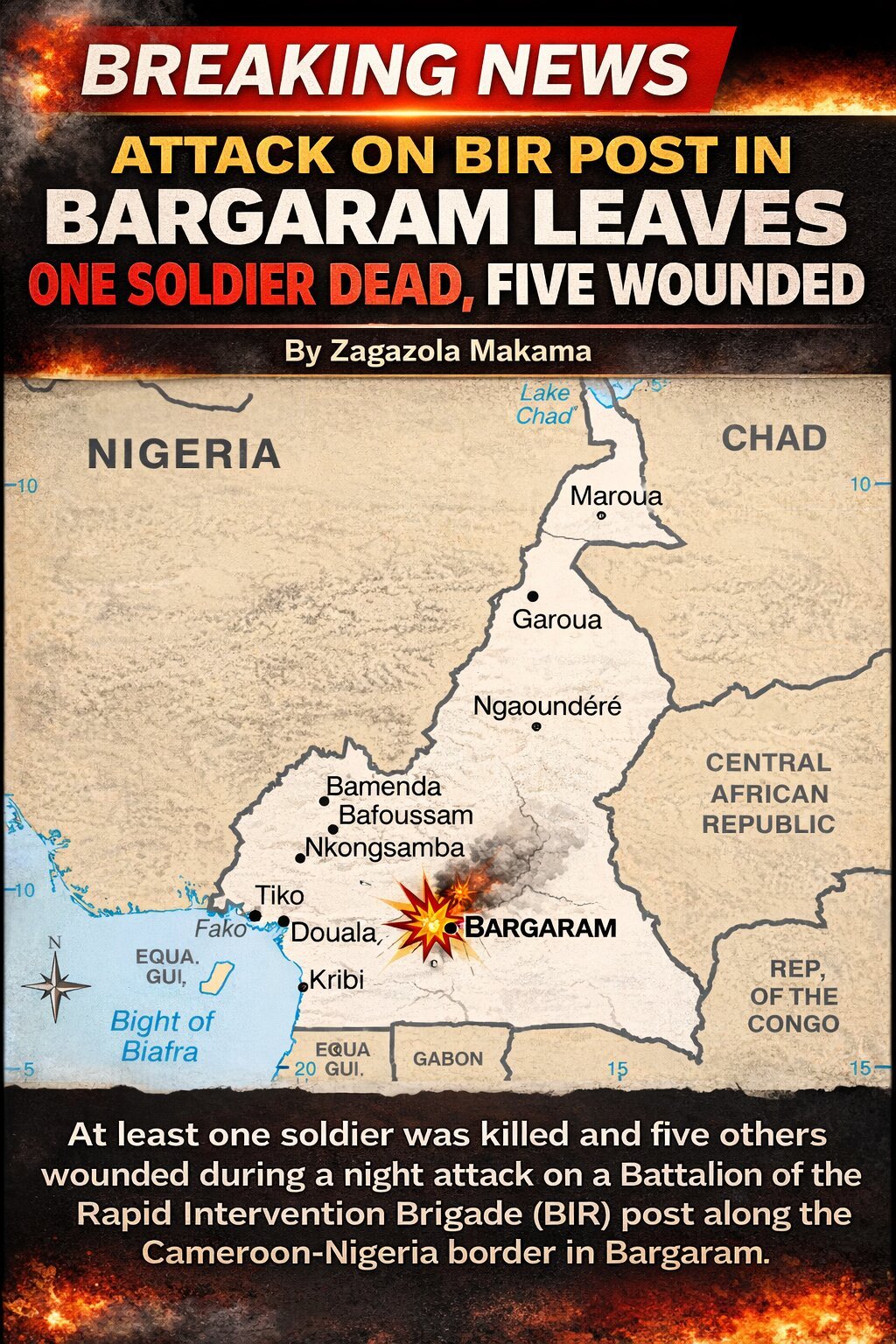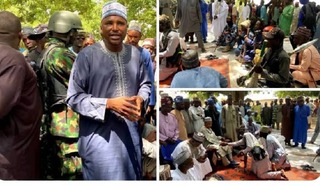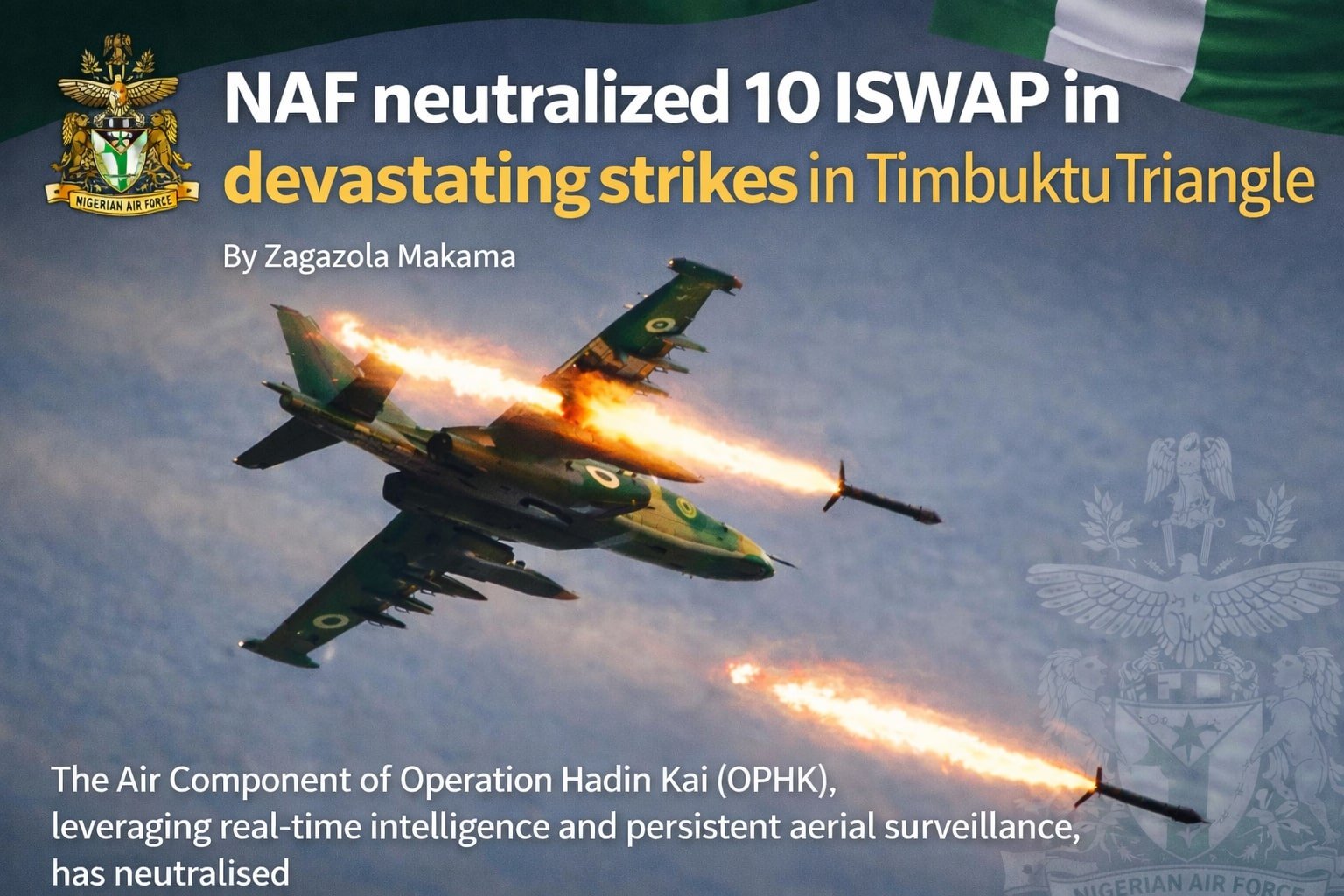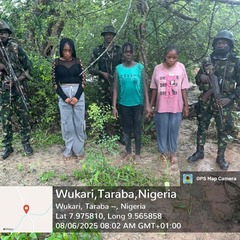Transforming Lives Amid Conflict and The Impact of ICRC Interventions in Nigeria
By: Zagazola Makama
From January to June 2024, the International Committee of the Red Cross (ICRC), in partnership with the Nigerian Red Cross Society (NRCS), has made significant strides in delivering humanitarian aid to over 2.3 million individuals in northeast Nigeria, a region ravaged by ongoing armed conflict. The ICRC’s multifaceted approach aims not only to alleviate immediate suffering but also to foster long-term resilience and recovery among affected communities.
Operating under its core mandate to protect and preserve human dignity, the ICRC has implemented a wide range of interventions, including emergency relief, health services, food security initiatives, community resilience programs, and the promotion of International Humanitarian Law (IHL). This report highlights the transformative impact of these efforts across various sectors:
In a region where food insecurity is rampant due to conflict and displacement, the ICRC has prioritized agricultural support and livelihood restoration. A total of 89,982 farmers received fortified seeds designed to enhance crop yields. Additionally, 79,122 individuals were provided with cash assistance to protect their seeds during the critical planting season, ensuring the sustainability of food production in their communities.
Over 12,000 newly displaced persons were equipped with essential household kits, which included cooking utensils, hygiene items, and bedding, aimed at improving their living conditions and health outcomes. Recognizing the importance of livestock for many families, the ICRC vaccinated and treated 850,000 animals in Adamawa and Borno states. This intervention not only safeguards the livelihoods of 110,136 people reliant on livestock but also contributes to the overall food security of the region.
The ICRC has implemented targeted health interventions to address the pressing issues of malnutrition and inadequate healthcare access. More than 7,055 malnourished pregnant and lactating women and 3,943 children under five received crucial nutritional support, including therapeutic foods and supplements. The organization trained 53,010 caregivers in best practices for child feeding, empowering them to provide better nutrition for their children. Furthermore, 1,470 women were screened and assisted with preventive measures against malnutrition, highlighting the ICRC’s commitment to maternal and child health.
In Monguno, the ICRC supported 10,900 individuals with access to clean water and reached 48,858 people in internally displaced persons (IDP) camps through hygiene promotion activities, significantly improving health outcomes and reducing the risk of waterborne diseases. To enhance the resilience of local healthcare systems, the ICRC has invested in training and support for medical personnel and facilities. ICRC-supported health facilities conducted 1,208 surgeries and provided 2,828 mental health sessions, addressing both physical and psychological trauma among conflict-affected populations.
In collaboration with local hospitals, 18 emergency room staff received advanced trauma training, while 22 Nigerian surgeons were trained in war surgery techniques, equipping them to handle the unique challenges posed by conflict-related injuries. The ICRC provided prosthetics and rehabilitation services to 128 individuals living with disabilities, helping them regain mobility and improve their quality of life.The ICRC has prioritized the needs of survivors of sexual violence, a tragic consequence of the ongoing conflict.
On training, 87 hospital staff and NRCS volunteers were trained to address the complex needs of sexual violence survivors, ensuring they receive comprehensive medical care, mental health support, and cash assistance to aid their recovery.
The impact of conflict extends to families torn apart by violence and displacement, and the ICRC has made significant efforts to reunite them. Over 492 missing persons were successfully reunited with their families, providing much-needed relief and closure to those affected by separation. The organization facilitated the exchange of 1,286 Red Cross messages to reconnect separated family members, reinforcing the importance of maintaining family ties in times of crisis. 136 families of missing persons received psychosocial support and economic assistance, helping them cope with the emotional and financial burdens of their loss.
As part of its efforts to promote International Humanitarian Law among armed forces and law enforcement agencies, ICRC trained more than 2,900 armed forces personnel and 1,535 police officers on training on IHL and international standards for law enforcement, enhancing their understanding of humanitarian principles in conflict situations.
The Organization also signed memorandum of understanding with the ECOWAS Court to strengthen the application of IHL in regional justice systems, reinforcing accountability and the rule of law.
Additionally, the ICRC trained 1,258 weapon bearers, first responders, and community members in First Aid, donating over 1,200 emergency response kits** to enhance local preparedness for health emergencies. In Gashua and Bade LGAs, 2,790 people benefited from the construction of 400 shelter units, providing safe housing for vulnerable families.
The ICRC initiated 41 resilience building projects in Monguno, Bama, and other conflict-affected communities, focusing on economic recovery and social cohesion.
The ICRC has prioritized accountability by maintaining direct communication with affected populations. The organization handled 3,454 phone calls and proactively addressed complaints and feedback from those receiving assistance, ensuring that interventions are responsive to the needs of the communities they serve.
The ICRC’s interventions not only alleviate immediate suffering but also lay the groundwork for recovery and resilience in a region beset by conflict. By addressing urgent needs while fostering long-term sustainability, the ICRC continues to be a vital lifeline for communities caught in the grip of violence.
As Yann Bonzon, Head of the ICRC Delegation in Abuja, stated, “The current health and economic realities only amplify the vulnerability of those affected by conflict. Our mission is to ensure their dignity is preserved and their urgent needs are met through timely and impactful interventions.”
In the face of immense challenges, the ICRC’s work continues to restore hope and dignity to millions, reaffirming its unwavering commitment to humanity. Through its comprehensive approach, the ICRC not only addresses the immediate consequences of conflict but also empowers communities to rebuild and thrive in the aftermath of crisis.
Zagazola Makama is a Counter Insurgency Expert and Security Analyst in the Lake Chad Region


